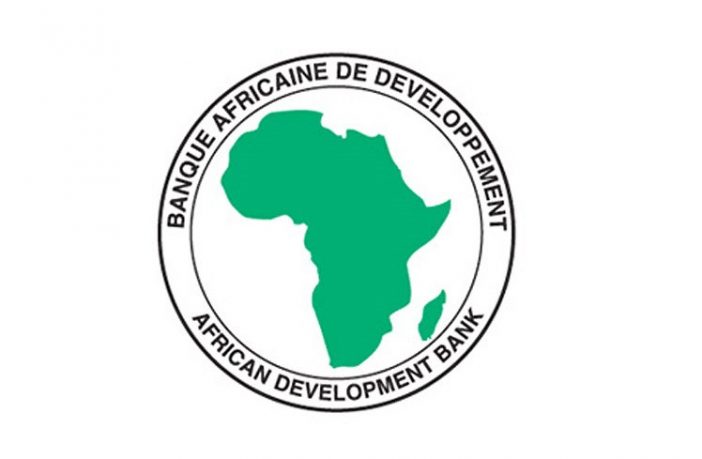- The workshop will focus on building the capacities of energy industry players on structuring Public-Private Partnerships.
- It is also expected to contribute to strengthening PPP policy formulation expertise and improved access to energy in the region.
- eSwatini’s renewable energy program has seen little results in finalising utility scale projects with IPP’s over the past 8 years.
The African Development Institute of the African Development Bank and the Southern Africa Regional Development and Business Delivery Office will host a national workshop this week focusing on closing the skills gap between practitioners and policy-makers in Swaziland and across the region.
Titled ‘Enhancing Institutional Capacity to Implement Public-Private Partnerships (PPPs) in the Energy Sector’, the workshop will focus on building the capacities of energy industry players on structuring Public-Private Partnerships.
According to the Bank, the legal and financial capabilities of over 33 participants from the public and private sectors will be addressed. Additionally, it will assist in developing a comprehensive understanding of the role of PPPs in delivering infrastructure services to meet demand.
The five-day course is in response to a request from Swaziland’s Ministry of Finance for capacity enhancement in PPP policy and operational development for its personnel, sister ministries and energy industry practitioners.
The workshop will build on the lessons learnt from any previous training on the newly initiated Swazi Rail Link project. It is also expected to contribute to strengthening PPP policy formulation expertise and improved access to energy in the region.
In specific terms, the workshop will cover legal, regulatory, policy and institutional frameworks, critical to establishing an enabling environment for PPP projects. It will address key industry challenges like project identification, risk allocation, financing, environmental safeguards, optimal structuring and procurement choices of PPP projects.
Providing participants with insights on current practices and perspectives on PPPs across Africa, the workshop will also address the need to adequately leverage private sector innovation and skills, and global best practice.
Discussions from the plenary sessions are expected to enable Swaziland to strengthen the regulatory framework, incentivise and increase private sector participation in her energy sector.
This is anticipated to contribute to increased space for PPPs and improved access to energy and infrastructure services, the Bank concluded.
Author: Ashley Theron
This article was originally published on ESI Africa and is republished with permission with minor editorial changes. Link to original















